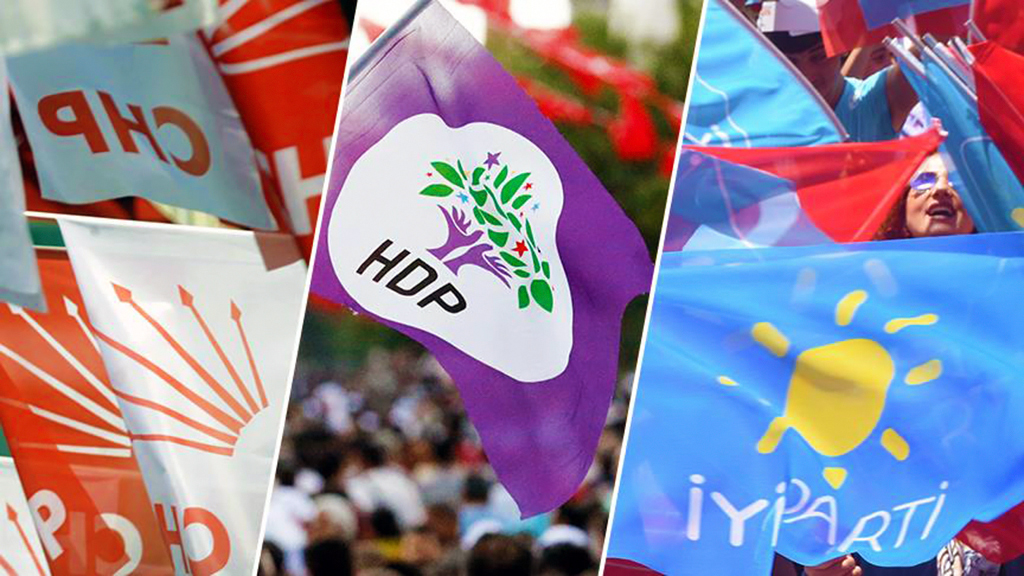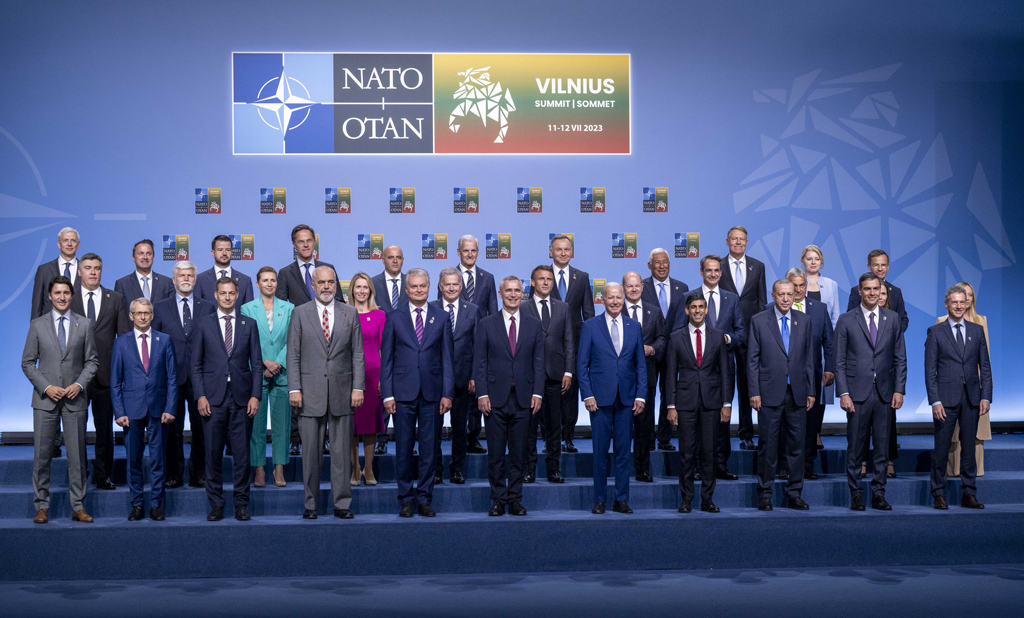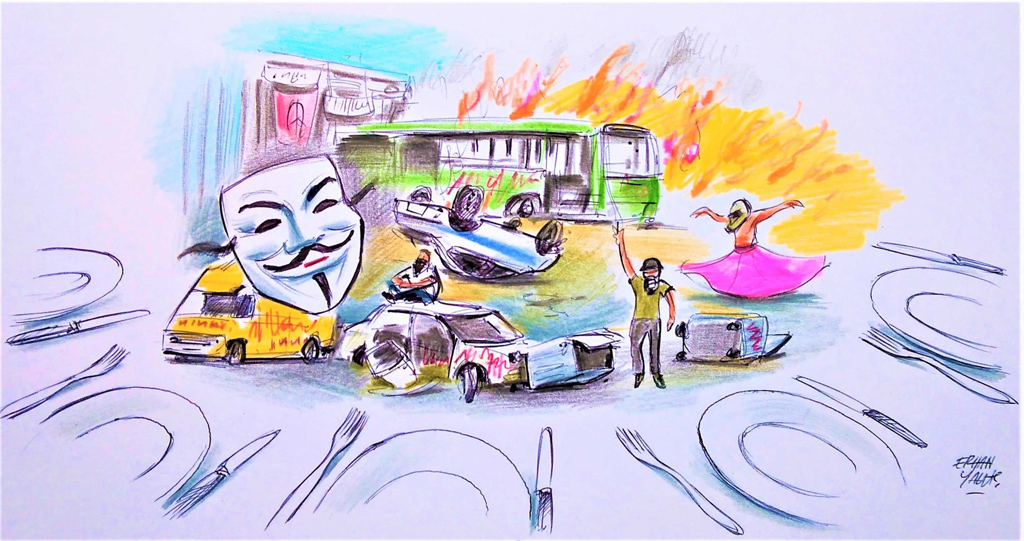The CHP's electoral alliance with the Good Party (İP) and the Peoples' Democratic Party (HDP) scored victories in Istanbul and Ankara, breathing new life into Turkey's political opposition. Opposition figures are not yet over the anger that built up over many losing election cycles, but they have become cocky in light of recent wins.
Despite still paying lip service to reconciliation, Istanbul Mayor Ekrem İmamoğlu fired thousands of municipal employees overnight. At the same time, his administration launched a crusade against charitable foundations offering free housing to low-income students. İmamoğlu is expected to replace those workers with members of the HDP and other allies of his party – just as he leased 997 new cars, while displaying 730 municipal vehicles as proof of the misuse of public funds. İmamoğlu's brand of politics rests on the assumption that the things coming out of his mouth do not necessarily have to be true – which is also what he did on the campaign trail. It seems that Istanbul's mayor finds comfort in the fact that telling lies did not cost him votes in the election. Perhaps İmamoğlu believes in the power of manipulation on social media. Or he takes for granted the support of voters who just want to remove the Justice and Development Party (AK Party) from power.
The time that İmamoğlu spends in office, however, comes at the expense of the comfort of being in opposition. Sooner or later, voters will start ignoring what Istanbul's mayor says and focus on his deeds. Fluctuating voters, who compromise 10-15% of the city's population, could easily change their minds about İmamoğlu in light of his shortcomings. Indeed, the mass layoffs, coupled with the mayor's attacks on charitable foundations, already revealed the vulnerability of his outreach to Istanbul's conservatives.
In my view, the biggest challenge facing İmamoğlu today is his love for national politics. Istanbul's mayor will never stop trying to make a name for himself nationally. For a local politician who spends an unusual amount of time on vacation, that is a risky endeavor. Many voters already feel that İmamoğlu would be wise to focus on his job. His recent visit to HDP politicians in Diyarbakır, for example, sent shock waves through the CHP's own nationalist base. The AK Party, in turn, is learning to speak the language of opposition at the local level. Having come to power just one year after its establishment, Turkey's ruling party is relatively inexperienced in this area – even on a smaller scale. In Istanbul, local AK Party officials are trying to develop new rhetoric encapsulating the plight of municipal workers and to respond to allegations of "waste."
The AK Party has a long way to go before it becomes an effective opposition movement at the local level. Psychological changes and emerging needs are transforming Turkish politics into something new.
[Daily Sabah, 11 September 2019]









